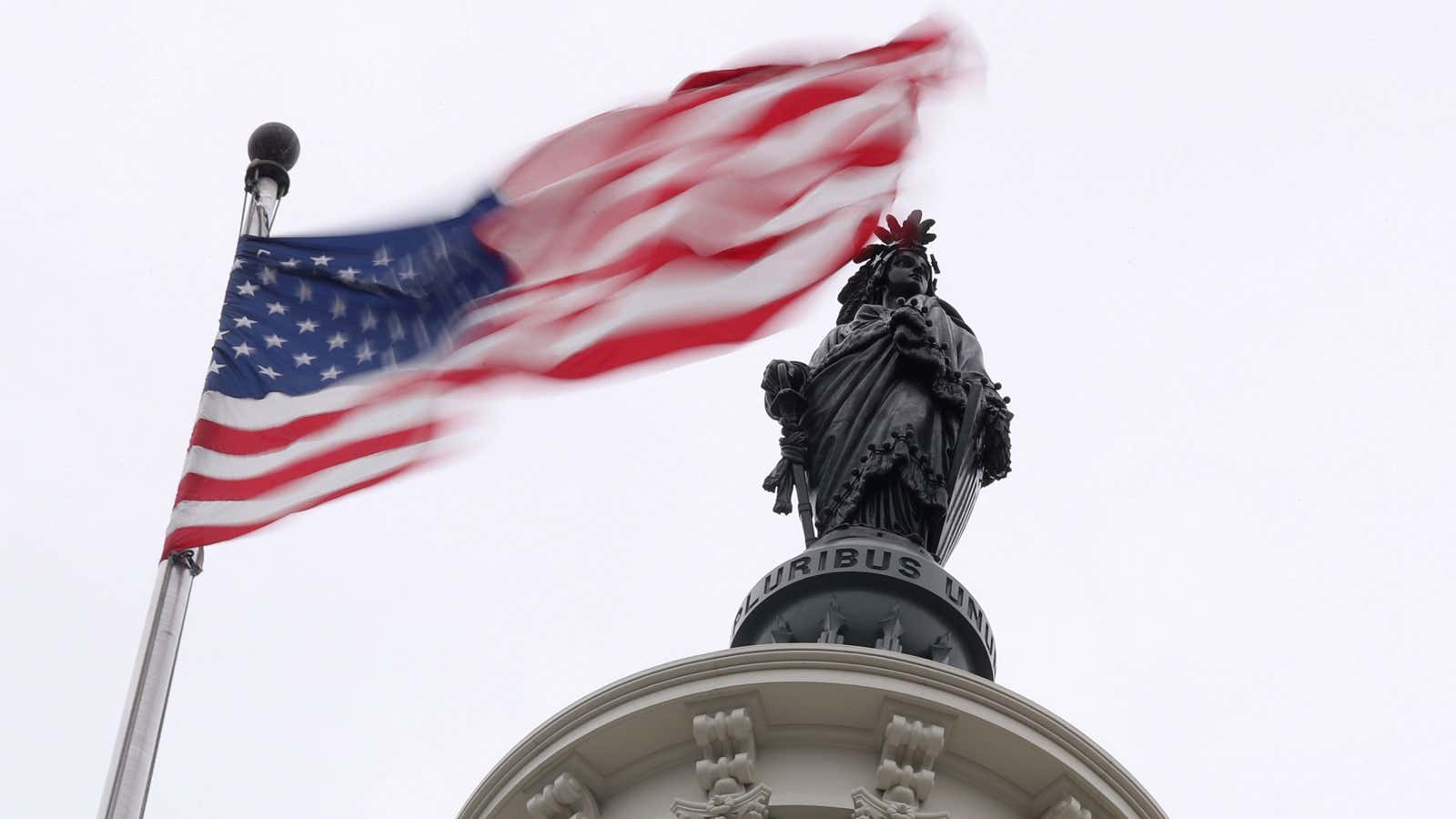Earlier this week, the Donald Trump administration gave H-1B aspirants a reason to cheer when it resumed premium processing of the much sought-after visa, which allows immigrants to live and work in the US for up to six years.
It turns out, the move may have also helped out US authorities.
Jonathan Wasden, the immigration attorney behind multiple lawsuits against the US citizenship and immigration services (USCIS), has said that the authority has resumed premium processes now as it needs the money.
The USCIS does not run on tax dollars but on receipts of fees paid with petitions, Wasden explained. Under the premium processing route, which was discontinued in March 2018, applicants can pay a fee of $1,410 (Rs87,150) to the USCIS to get a verdict on their visa status within 15 days.
And it’s not just about the moolah. “USCIS is starting to get sued on the delay of these cases, and is looking for ways to avoid future litigation,” Wasden said.
Lengthy process
Through the regular route, it typically takes between two and six months to get an H-1B visa. The idea is that applications are submitted in April and workers start their jobs by October of the same year, experts told Quartz.
However, the process has been getting much longer every year, thanks to increased cross-questioning by officials, among other things. The processing times for form I-129, which has to be filed for H-1B applications, has doubled in the past few years.
“After 10 months of intentional delay, USCIS is now extorting money from these employers to get an answer on a petition that USCIS should have provided months ago,” Wasden said. “Now they are offering a ‘premium service’ and people in the industry are excited and grateful. It is the regulatory equivalent of Stockholm Syndrome.”
As per immigration lawyers, several employers have possibly already made alternative arrangements to fill vacant positions in the US. Individuals who had been waiting for a decision on their visa applications might have returned home or found opportunities in other countries instead of hanging in limbo.
Not worth it
Between all this debate, a key point to note is that premium processing does little to mitigate the heightened scrutiny the H-1B applications are undergoing.
“…the law is still the same, so coupled with this administration’s well-documented attacks on H-1Bs, that may just mean speedier denials,” said Hassan Ahmad, an immigration lawyer and advocate in Northern Virginia. “And premium processing does not mean a reduced chance of the dreaded requests for evidence (RFEs) so in the end, resumption of premium processing will mean different things for different cases.”
Considering H-1B denials and RFEs are on the rise—especially among Indians, the largest recipient group for the H-1B—many firms were hesitant to apply to begin with. Especially Indian IT giants that have formerly been very visa-dependent.
After all this time, Wasden thinks it is worth spending the dollars dragging USCIS to court than spending it on speeding up applications that have already been on the back-burner for way too long.
“Do you want to enable the agency’s intentional abuse and misconduct (or, if you are inclined to be more generous call it bureaucratic ineptitude) by paying it more money?” he asked. “Or, in the immortal words of Ronald Reagan, do you want to “starve the beast” by denying it money, and use the money you would have spent on premium processing to file a lawsuit challenging an unlawful delay?”
